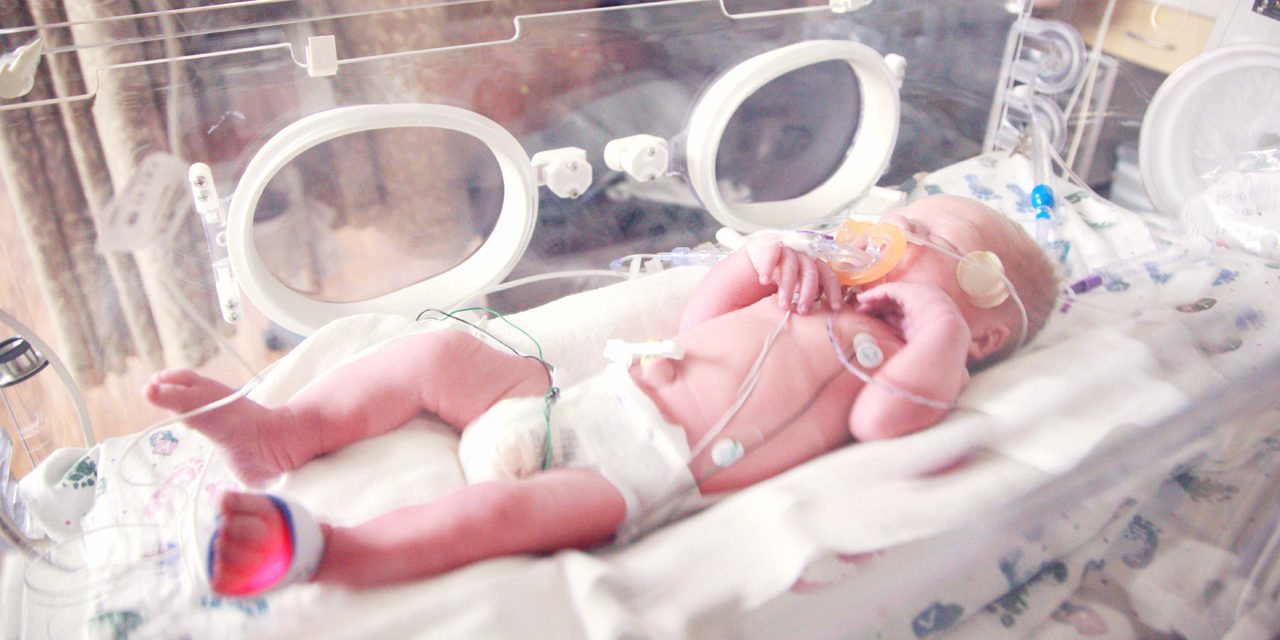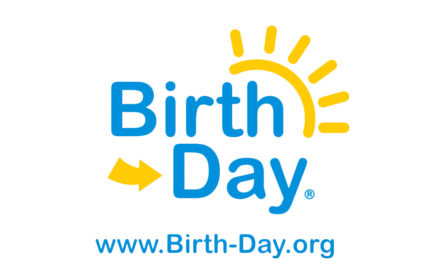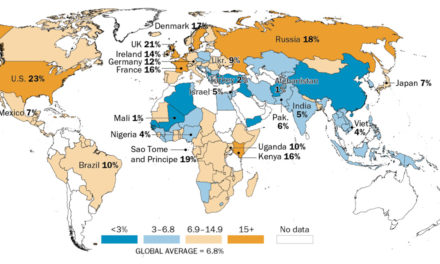New Idaho legislation, known as “Simon’s Law,” protects parents’ rights as they oversee the medical care of their children. Governor Brad Little signed the law into effect on Monday, March 30.
Simon’s Law was named for Simon Dominic Crosier, who was born almost 10 years ago, September 7, 2010. Scott and Sheryl Crosier saw their son, born with Trisomy 18, denied medical treatment that children without the disorder would normally receive. Physicians told the couple his condition was “incompatible with life.”
According to the Trisomy 18 Foundation, the genetic condition occurs when, instead of the normal 23 pairs of chromosomes, a developing baby has an extra 18th chromosome. Also called Edwards syndrome, Trisomy 18 leads to potentially life-threatening medical complications. The condition often results in stillbirths, but more than 10% of children with the disorder survive their first birthday, while some live into their 20s and 30s.
It was only after Simon’s death that his parents learned there was a “Do Not Resuscitate” (DNR) order in his medical file. Sheryl writes about the ordeal:
“Imagine watching your child take their last breaths, his oxygen saturation levels plummet and the medical professionals do nothing. … If Simon was a healthy 3-month-old it would have been an ER moment with people running to save my child. But because he was a child with chromosomal abnormalities, no one in the NICU did a thing.
Later we found out that the only food Simon received through his tube was comfort feeds. When Simon fussed, the medical team gave him drops of sucrose, otherwise known as sugar water. If Simon hadn’t stopped breathing, he might have starved to death.”
The new law mandates parental notification at least 48 hours before a doctor implements a DNR order for a child in a hospital or healthcare facility. It also requires parents be notified 48 hours before a medical facility begins withholding life-sustaining treatment, nutrition or hydration from a child.
The 48-hour period gives parents time “to decide whether they want to transfer care for their child to another facility or provider.” If the family finds another facility, they are allowed 15 days to make the transfer. During that time period, the child cannot be denied treatment and the DNR order may not be placed in the child’s file.
Blaine Conzatti, Director of Advocacy for Family Policy Alliance-Idaho (FPA-Idaho), held an online press conference applauding the signing of Simon’s Law. FPA-Idaho worked with groups like Right to Life Idaho, the Idaho Catholic Network and Idaho Chooses Life to craft the bill and steer it to the Governor’s desk.
Conzatti said they also consulted with medical groups, such as the Idaho Medical Association and the Idaho Hospital Association, to ensure the law “respects and honors medical professionals and the professional judgment and agency of doctors and hospitals.”
Idaho is the fifth state to pass a version of Simon’s Law, following Kansas, South Dakota, Arizona and Missouri – where Simon was born. More than 20 states require some kind of parental involvement – consent or notification – before a physician may remove life-sustaining treatment, but many states do not have any such protections.
The Croziers joined Conzatti in the online press conference, and he thanked them for their help in getting the law passed. He said the couple was part of every Idaho hearing and floor debate about the bill.
The Crosiers spoke movingly about their son’s life and their work to help pass Simon’s Laws in different states. Sheryl said Simon’s birth left them “full of joy after many, many miscarriages.” To the medical community, “he was less valuable,” but his family would “love him no matter how many minutes, hours and days” they had with him.
“I can’t bring my son back,” Sheryl said, her voice breaking, “But if I can help just one more child, it’s worth it.” The Crosiers are people of faith, and Sheryl added, “I will see him again… I know that some day we will be reunited.”
Scott called Simon “our little warrior” and said that “the hardest thing that ever happened to me” was holding his son and “feeling the warmth leave his body as he passed.”
“It’s still raw 10 years later,” he said.
Sandi Enzminger, from Eagle, Idaho, also spoke during the online press conference, accompanied by her daughter Tabitha Grace. Tabitha was born October 28, 2018, also with a diagnosis of Trisomy 18.
Conzatti said Enzminger “has showed up to every committee hearing, bringing her delightful family in tow. Her youngest daughter, Tabitha Grace, is always the star of the show—and for good reason.”
Doctors told the Enzmingers “that Tabitha, despite being stable, wouldn’t live a month” and that “the potential benefits of the heart surgery she needed weren’t worth the risks.” Undeterred, “Adam and Sandi fought for their daughter. They were able to take her to a hospital in Omaha, Nebraska, for heart surgery she couldn’t live without. Now Tabitha is a healthy and developing sixteen-month-old.”
Enzminger explained that she took Tabitha to the Capitol to demonstrate that a diagnosis of Trisomy 18 is not always fatal, but “hopelessness is fatal.”
Related resources:
Watch the FPA-Idaho press conference with Conzatti, the Croziers and Sandi Enzminger.
“My Name is Simon”: The Crosiers have a blog with more of their story, information about parental rights in children’s medical care and support for families with a child with Trisomy 18.
Note: Links in articles and links to outside resources are for educational purposes and do not constitute an endorsement from Focus on the Family.






